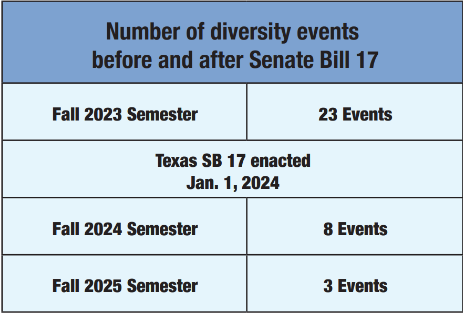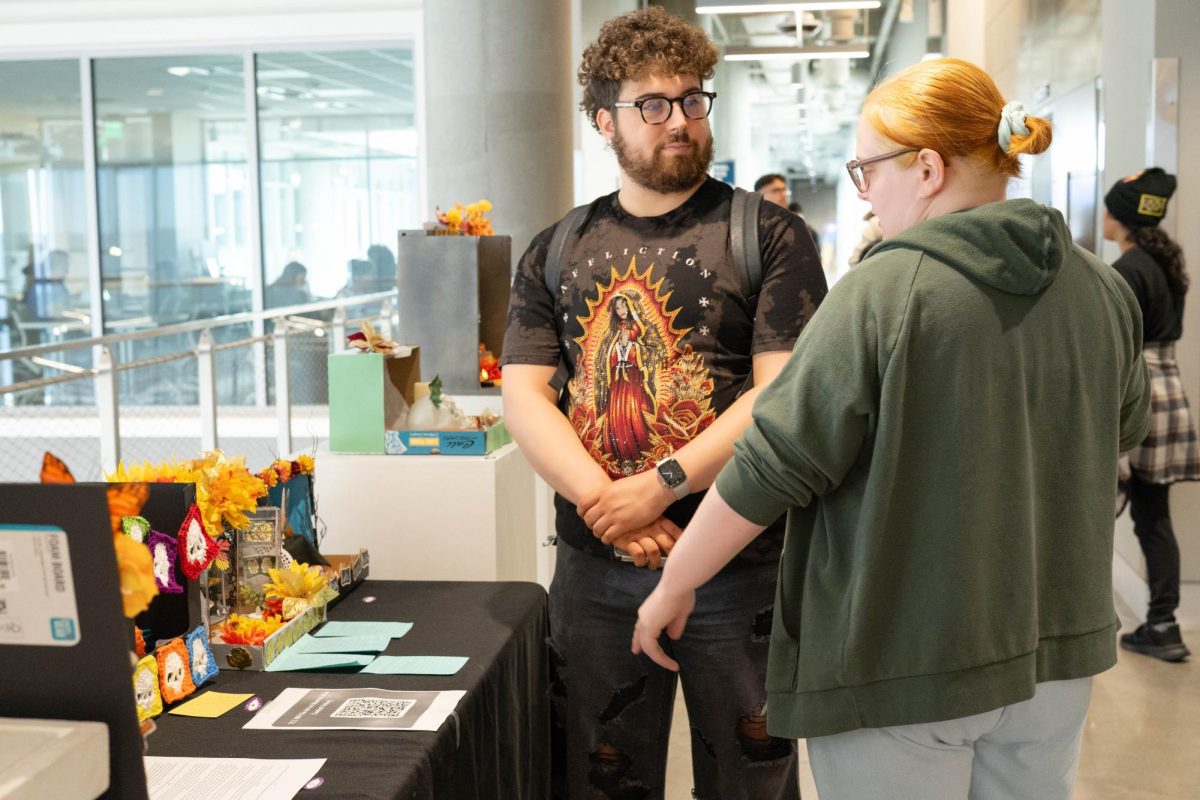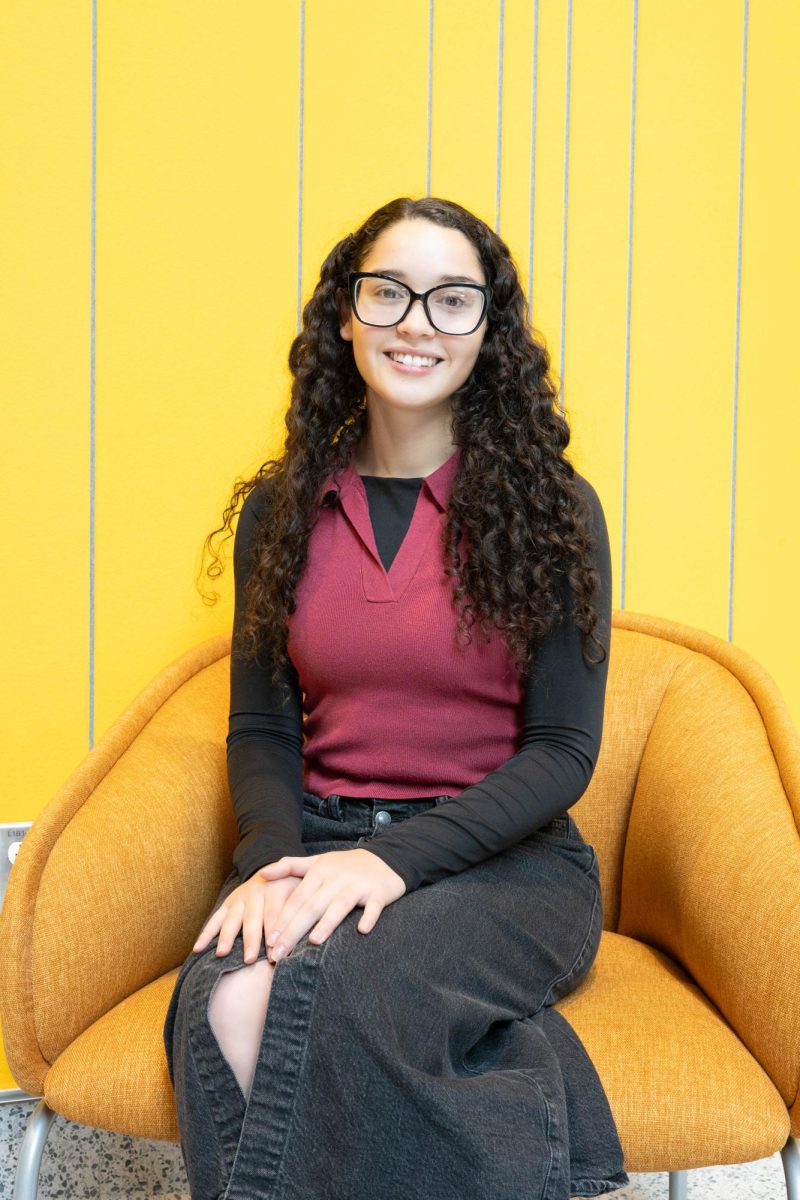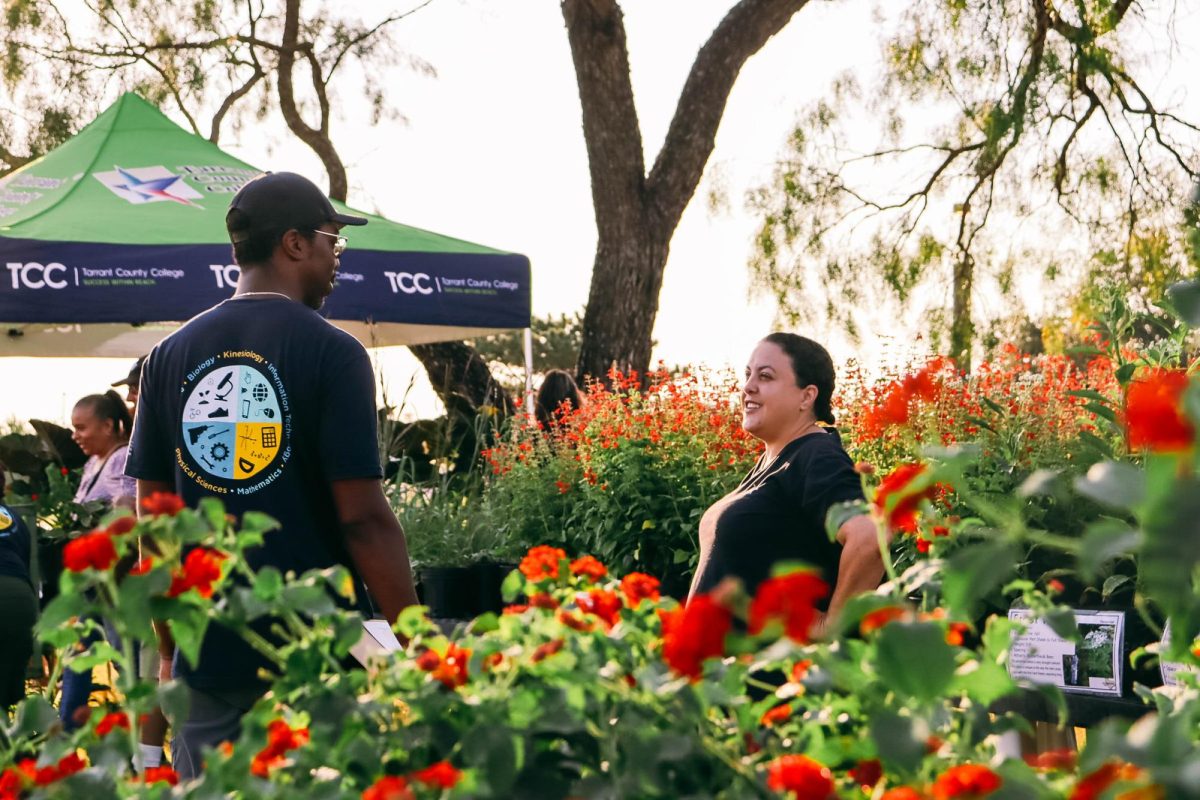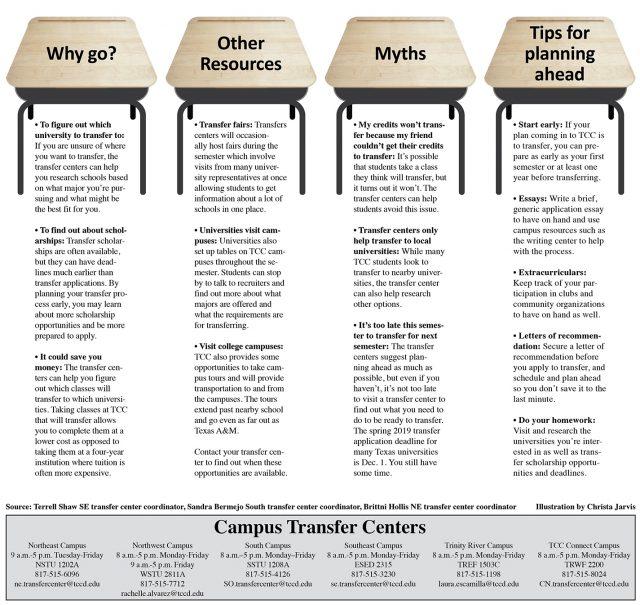By Iela Durian/reporter
Alejandro Garza started working in a cemetery at the age of 10, which allowed him to observe the many different traditions associated with el Dia de los Muertos or the Day of the Dead.
Originating in Central and Southern Mexico, the Day of the Dead is celebrated to remember loved ones who have passed away, said Garza, now a NW assistant Spanish professor.
During NW’s Day of the Dead celebration, he shared pictures of the special day as its celebrated in Oaxaca, Mexico.
“It is very colorful in Oaxaca,” Garza said. “I like to capture the culture of the indigenous people.”
In Hispanic culture, it is a tradition to give offerings or ofrendas to the dead, Garza said. The ritual altars, where the offerings are placed, are believed to welcome the dead during the Day of the Dead.
“People decorate graves with flowers and played music. They also made art with sugar and sand,” he said.
For Garza personally, the day stirs up big feelings, he said.
“I think about my grandmother, who was very close to me,” he said.
In recognition of the day, NW students competed in a catrina costume contest, where they dressed up and painted their faces as skeletons, or calaveras, symbolizing honor for those who have passed, which are now an iconic part of the celebration.
Catrina, originally an etching of a native woman who adopted European ways during the 19th century, became a symbol of Mexican willingness to laugh at death, Garza said.
Disney/Pixar’s Coco was also played during the event so students could better understand and learn more about the Day of the Dead traditions.
NW student Case Oradn doesn’t celebrate el Dia de los Muertos and only attended the festivities for the traditional Hispanic food, which included, rice, beans and tamales.
“The food is good, but Halloween is bigger for me,” Oradn said.
While designing colorful skulls, students and teachers shared their thoughts about the event and what all they learned about the culture.
NW assistant Spanish professor Mayra Fuentes said she hopes students learned that, despite its association with death, el Dia de Los Muertos is “a happy day, for Mexicans especially.
“It is a special day to remember and honor the lives of those who have passed,” Fuentes said. “It has been in our culture for centuries. It goes back to the Aztecs.”























